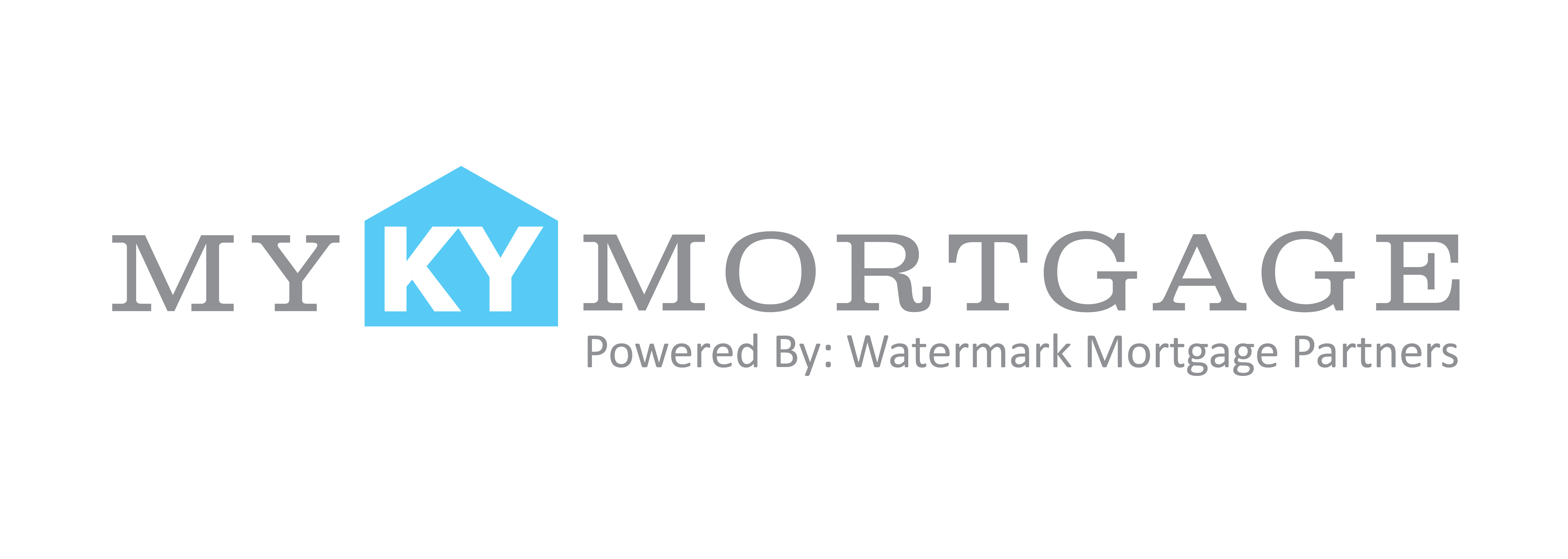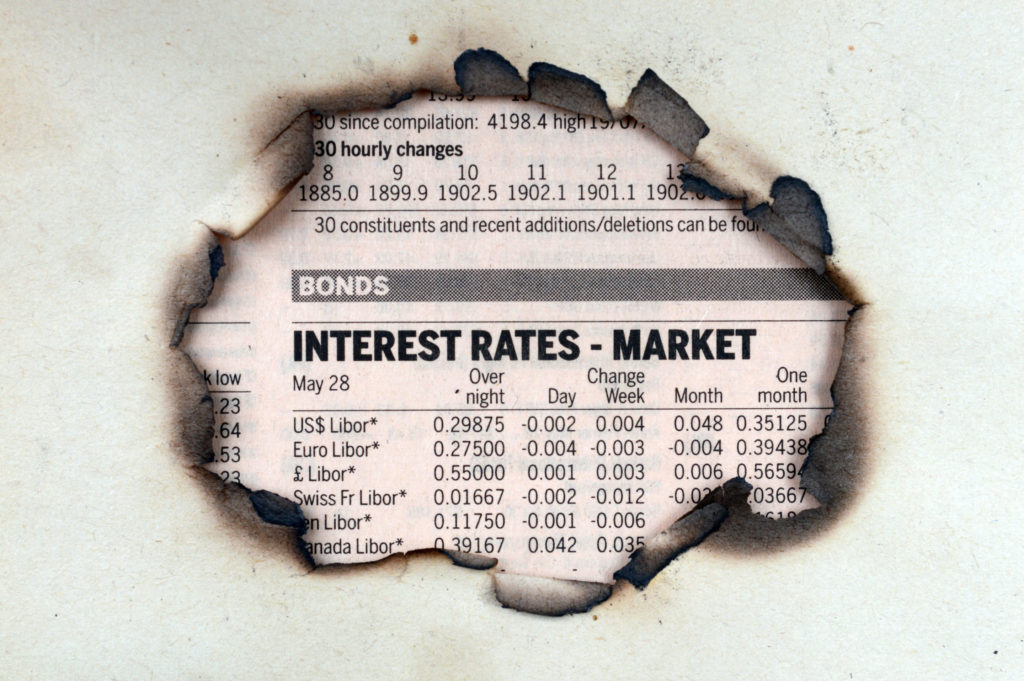Whether you’re seeking a home loan for your first house or your fifth, you still are probably wondering what does “interest rate” even mean? Why do rates swing up and down? And, most importantly, how do you get the best interest rate—the one that’s going to save you the most money during the life of your mortgage?
Here, realtor.com outlines what you need to know about interest rates before applying for a mortgage, and as always, your loan officer is always on hand to help answer any questions that might arise.
Why does my interest rate matter?
Interest is the extra fee you pay your lender for loaning you the cash you need to buy a home. Your interest payment is calculated as a percentage of your total loan amount. For example, if you get a 30-year, $200,000 loan with a 4 percent interest rate, you would end up paying back not only that $200,000, but an extra $143,739 in interest in 30 years.
Month to month, your mortgage payments would amount to about $955. However, your mortgage payments will end up higher or lower depending on the interest rate you get.
Why do interest rates fluctuate?
Mortgage rates can change daily depending on how the U.S. economy is performing. Consumer confidence, reports on employment, fluctuations in home sales and other economic factors all influence interest rates. During a period of less economic activity, the Federal Reserve will provide more funding and interest rates will decrease. Conversely, when the economy heats up and there’s a fear of inflation, the Fed will restrict funding and interest rates will increase.
How do I lock in my interest rate?
A rate lock is a commitment by a lender to give you a home loan at a specific interest rate, as long as you close on your home in a certain period of time—typically 30 days from when you’re pre-approved for your loan.
A rate lock offers protection against fluctuating interest rates and offers borrowers peace of mind. No matter how wildly interest rates fluctuate, once you’re locked in you know what monthly mortgage payments you’ll need to make on your home, enabling you to plan your long-term finances.
Many home buyers obsess over the best time to lock in a mortgage rate because they’re worried that they’ll pull the trigger right before rates sink even lower. Unfortunately, no lender has a crystal ball that shows where mortgage rates are going. A bigger question to consider when locking in your interest rate is where you are in the process of finding a home.
Most mortgage experts suggest locking in a rate once you’re under contract on a home—meaning you’ve made an offer that’s been accepted. Most lenders will offer a 30-day rate lock at no charge to you—and many will extend rate locks to 45 days as a courtesy to keep your business. Some lenders offer rate locks with a float-down option that allows you to get a lower interest rate if rates decreate. However, the terms, conditions, and costs of this option vary from lender to lender.
How do I get the best interest rate?
Mortgage rates vary depending on a borrower’s personal finances. Specifically, these six key factors will affect the rate for which you qualify:
Credit score: Lenders use your credit score to predict how reliable you’ll be in paying your home loan. A perfect credit score is 850, a good score is from 700 to 759, and a fair score is from 650 to 699. Generally, borrowers with higher credit scores receive lower interest rates than borrowers with lower credit scores.
Loan amount and down payment: If you’re willing and able to make a large down payment on a home, lenders assume less risk and will offer you a better rate. If you don’t have enough money to put down 20 percent on your mortgage, you’ll probably have to pay private mortgage insurance, or PMI, an extra monthly fee meant to lessen the risk to the lender that you might default on your loan. PMI ranges from about 0.3 percent to 1.15 percent of your home loan.
Home location: The strength of your local housing market can drive interest rates up or down.
Loan type: Your rate will depend on the type of loan you choose. The most common type is a conventional mortgage, aimed at borrowers who have well-established credit, solid assets, and steady income. If your finances aren’t in



